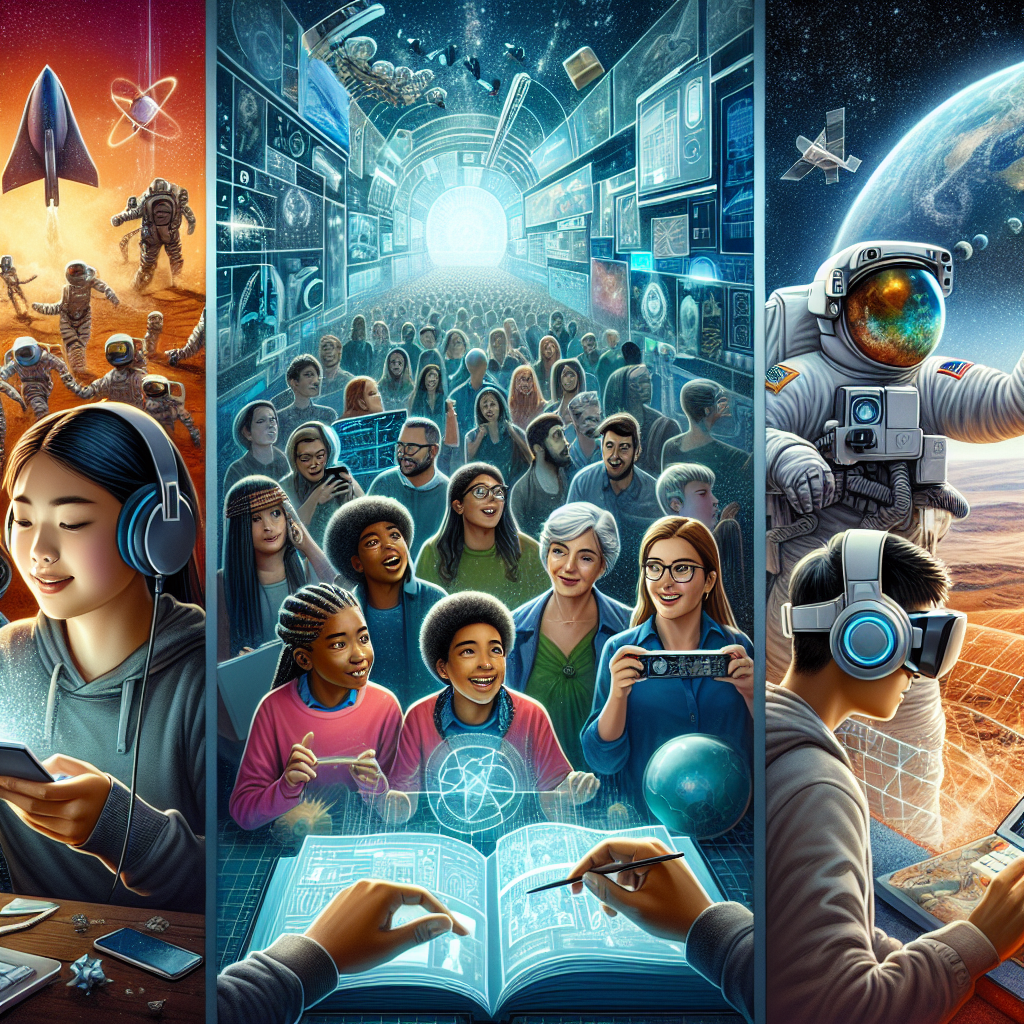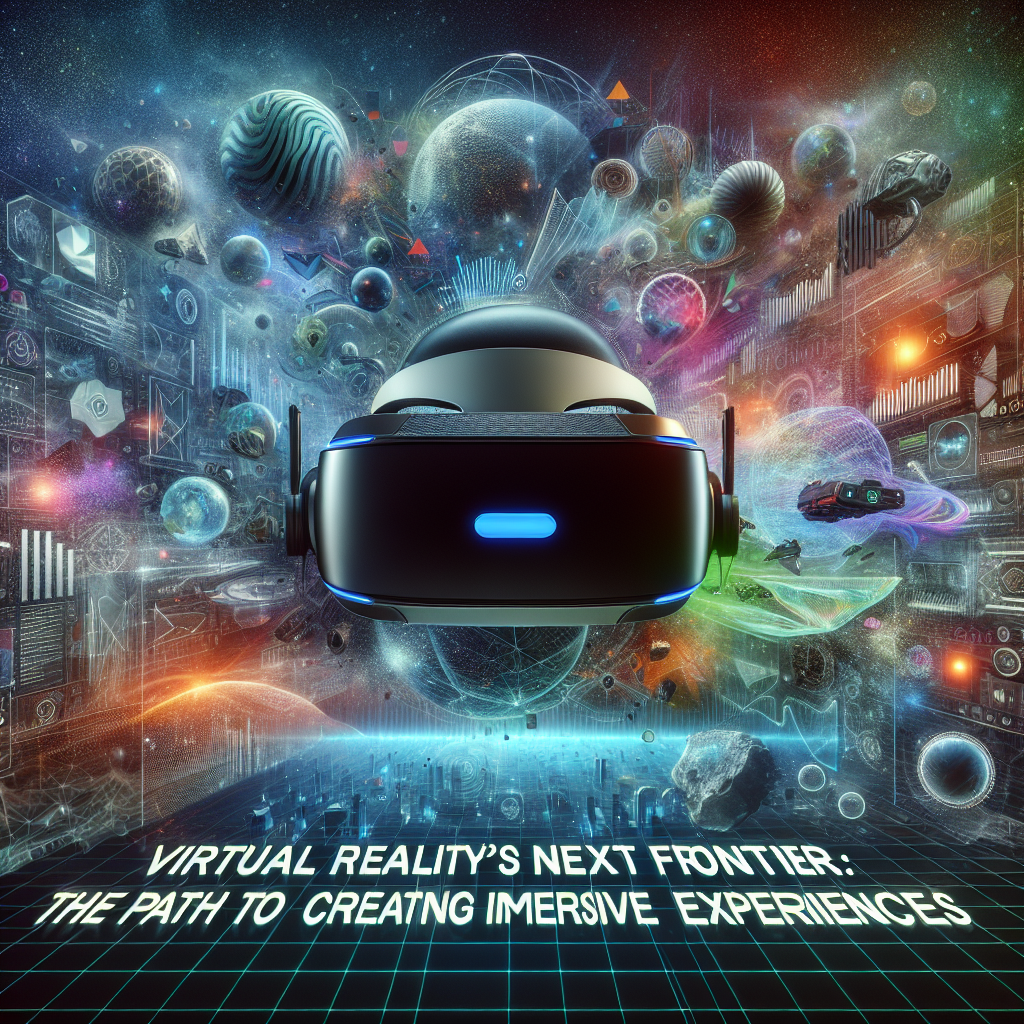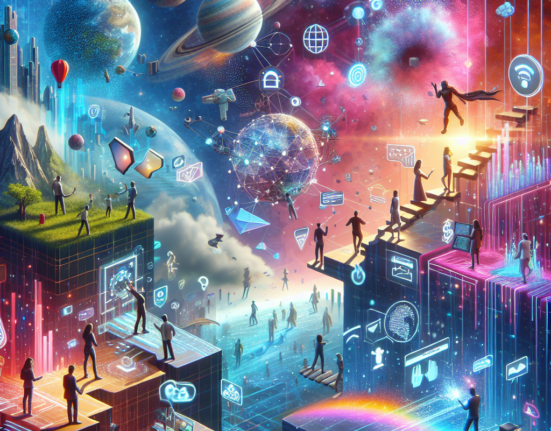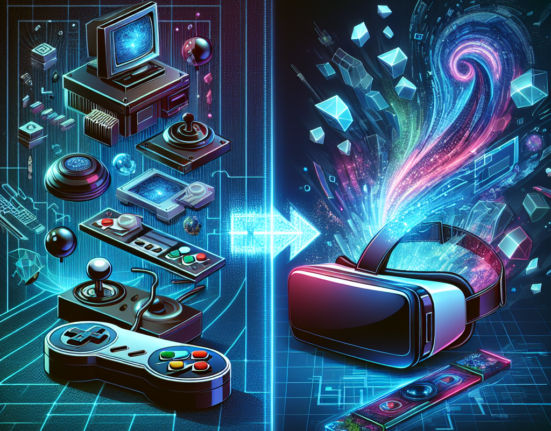Virtual Reality’s New Horizon: Entertainment, Education, and Beyond
In recent years, Virtual Reality (VR) has surged beyond the realms of science fiction to become a transformative force in various sectors, including entertainment, education, and beyond. As the technology continues to evolve, its applications are expanding, offering both immersive experiences and practical solutions that are reshaping the way we interact with the world. This article delves into the new horizons VR is exploring, highlighting its impact on entertainment, education, and other critical areas.
Entertainment Revolutionized
The entertainment industry has been at the forefront of adopting VR, providing audiences with immersive experiences that transcend traditional media. VR gaming is perhaps the most vivid example, where players are transported into breathtakingly realistic worlds. Titles like "Half-Life: Alyx" and "Beat Saber" have demonstrated the potential of VR to not only enhance gaming experiences but also redefine them, blending the lines between player and environment.
Beyond gaming, VR in film and music offers novel ways of storytelling and immersion. Virtual concerts, like those hosted by artists such as Travis Scott and Ariana Grande in digital environments, have redefined live performances, allowing attendees from around the globe to experience a concert without leaving their homes. Likewise, VR films let viewers choose their perspective within a narrative, granting a participatory role in storytelling.
Educational Transformation
In education, VR is opening doors to experiential learning that can significantly enhance student engagement and understanding. Traditional classrooms are being supplemented with virtual field trips to historical sites, space explorations, and detailed anatomy lessons, providing a depth of understanding that textbooks alone cannot. For instance, platforms like Google Expeditions allow students to tour the Great Barrier Reef or Machu Picchu, diving into subjects with a level of interactivity that captivates and educates.
VR also plays a crucial role in professional training and development. In fields such as medicine, engineering, and aviation, VR simulations offer safe and cost-effective environments where students can hone their skills. Surgeons practice complex procedures in a risk-free setting, while pilots train in VR flight simulators that mimic real-world scenarios. The technology not only enhances precision and readiness but also democratizes access to high-quality training tools worldwide.
Beyond Entertainment and Education
The application of VR extends well beyond entertainment and education, making significant impacts in sectors like healthcare, architecture, and social interaction. In healthcare, VR is used for pain management, therapeutic interventions, and treatment of phobias and PTSD through exposure therapy. This innovative approach offers patients relief and therapy options that are non-invasive and highly personalized.
In architecture and real estate, VR allows clients to explore housing projects and buildings yet to be constructed, offering a tangible sense of space and design that can inform purchasing and design decisions. This capability not only saves time and resources but also enhances client satisfaction by aligning expectations with reality.
Furthermore, VR is changing the landscape of social interaction. Virtual social platforms are emerging, offering spaces where people can meet, collaborate, and interact in ways that are increasingly lifelike. Whether for business meetings conducted in virtual boardrooms or casual meetups in digital cafes, VR fosters connections that transcend geographical boundaries, offering new avenues for human interaction.
Challenges and the Way Forward
Despite the exciting advancements, VR faces challenges that need addressing to reach its full potential. Issues such as the cost of VR equipment, technical limitations like motion sickness, and the need for inclusive content and accessibility remain significant hurdles. However, with continuous innovation and investment, these challenges are gradually being overcome.
Looking ahead, the future of VR is promising, promising a world where the boundaries of reality are not only blurred but enhanced. As VR technology becomes more accessible and sophisticated, its potential to transform various sectors of society will only continue to grow, offering new possibilities and enriching experiences that were once only imaginable in the realms of science fiction.
In conclusion, as VR spreads its roots deeper into entertainment, education, and beyond, it stands as a testament to human ingenuity and the ceaseless quest for creating and understanding new realities. As we venture further into this digital frontier, the question is not just about what VR can do, but what we can achieve through it.














Leave feedback about this
You must be logged in to post a comment.